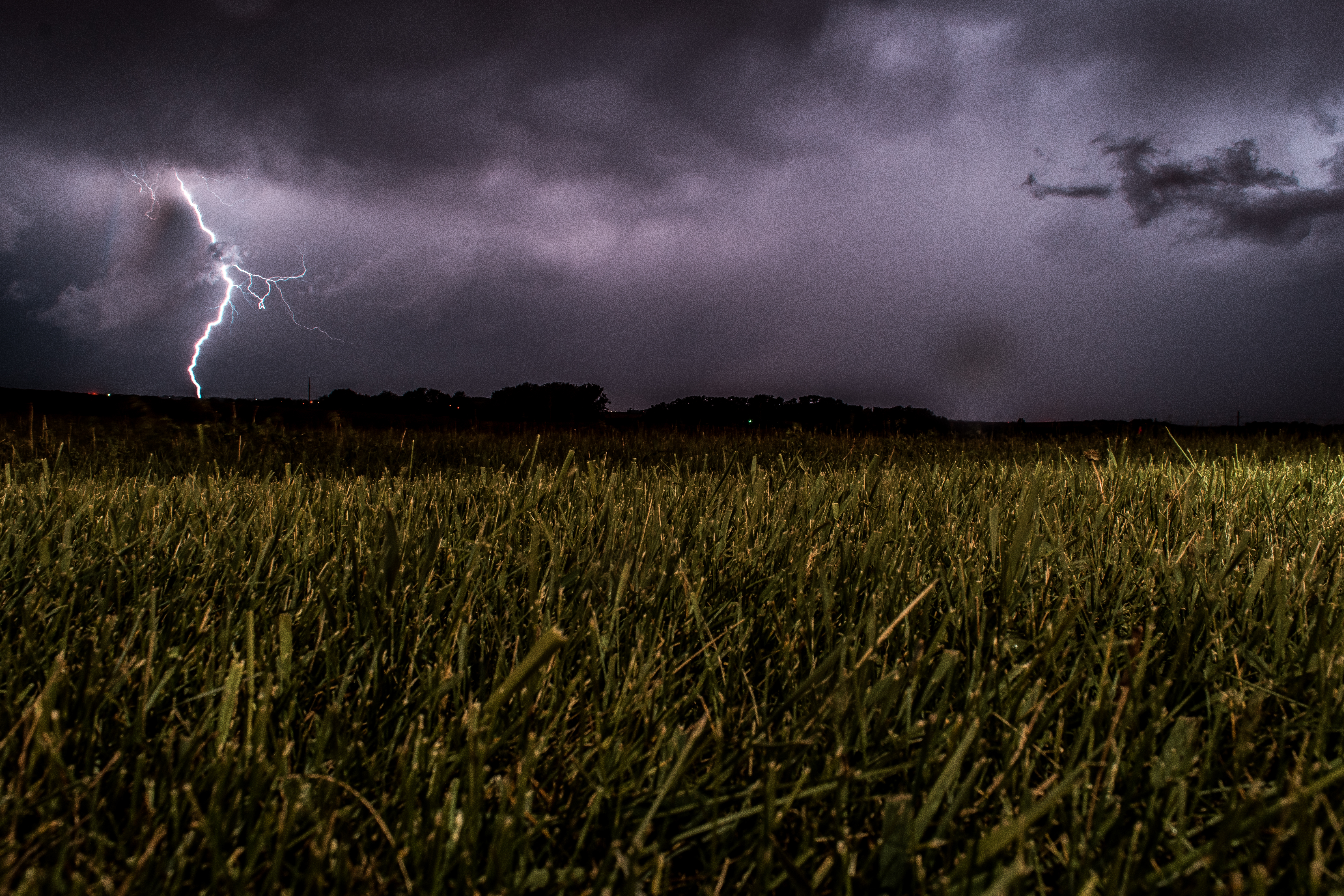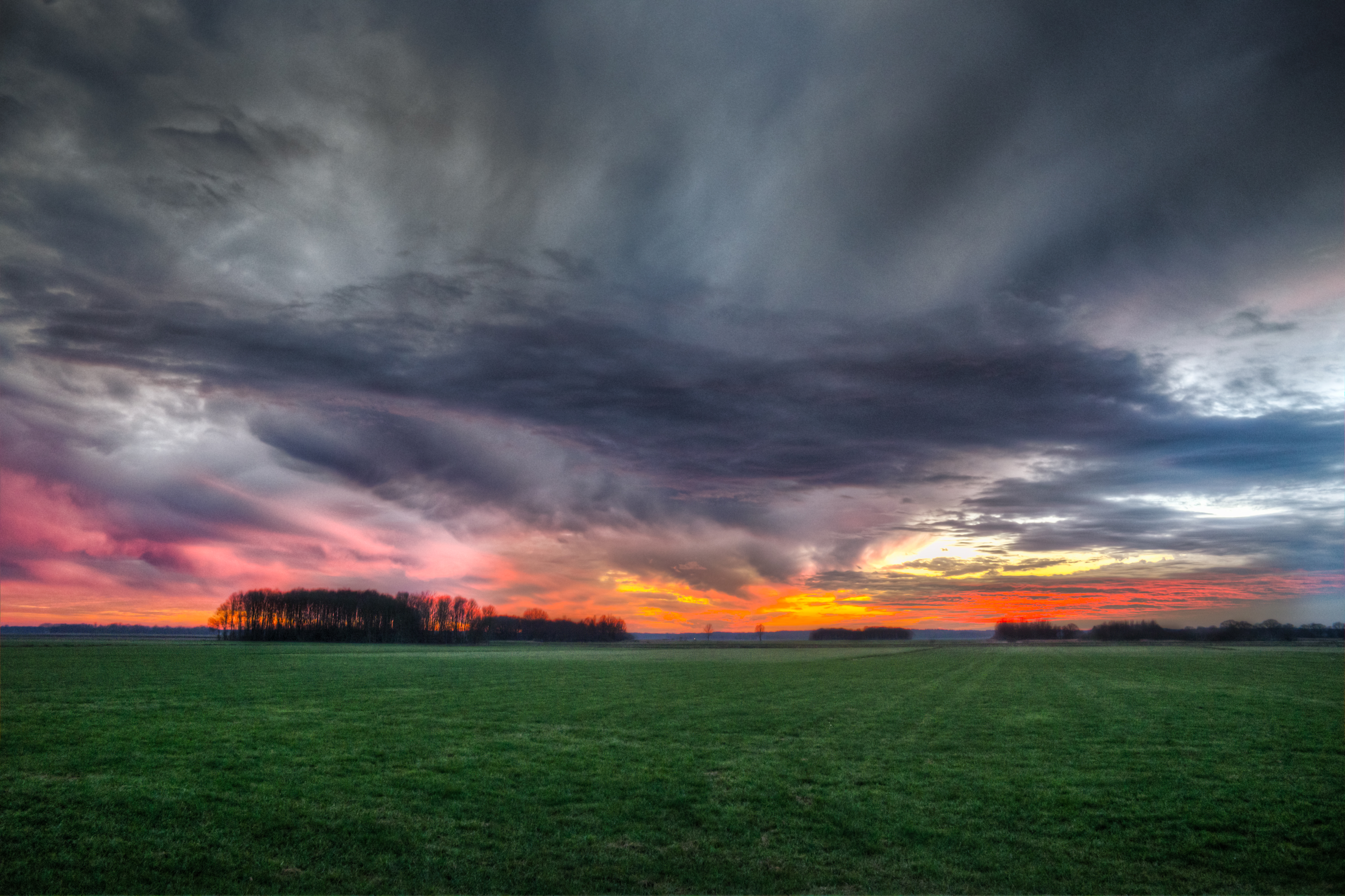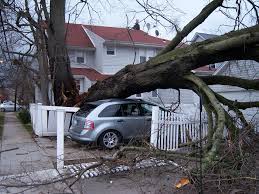
As we all know summer storms are unpredictable. As temperatures and humidity fluctuate the threat of a summer storm can happen at any point in time. This week our blog will answer the question of how to you prepare your home, family or even business for a summer storm and how to proceed following a storm.
First and foremost, take time to review your insurance policies. You should review those policies in order to determine that your possessions have adequate coverage, this includes your summer toys such as boats and RVs. Check your coverage for water, hail and wind damage. Water Backup coverage is a coverage many people decline at the beginning, but a coverage we see many people wishing they had after a summer storm comes through. Do we need to add this coverage to your policy today?
Once you have reviewed your policy, make an inventory of your important possessions inside your home. If able, it helps to make copies of your receipts and model/serial numbers. You can also take pictures with your phone and store them on the cloud for ease of recovery if the time comes when you need them. Having this information can help speed up the replacement process in the event of a claim.
Summer storms can catch us off guard especially when they knock power out. It is the perfect time to prepare for a storm. Create a place in your home that contains flashlights, batteries, water and non-perishable food. If the power is out, try not to open the fridge so you can keep the fridge cold as long as possible. If the power is out for a while be cautious of food spoiling. When in doubt, throw it out.
After the storm
Once the storm has passed assess the possible damage, it is critical to know where and what to look for. If you find damage, do whatever you can to prevent further damage from happening. According to the National Storm Damage Center there a several areas to asses after a storm.

Roof Damage:
There are several types of roofs, the most common type is shingles. Asphalt roofs damage can come in all shapes in sizes. Hail damage looks like a dark spot or a bruise where the granulates have been knocked away. Hail damage can also cause holes, cracking and missing shingles. Following a tornado, you may see split seams, torn or missing shingles. Damage to shingles can cause serious damage like water damage which can lead to mold and wood rot. In the case of high winds, shingles or sections of them can be missing. Commons signs of roof damage include missing shingles, bruised or dented shingles, cracked or broken, granules in downspouts, leaks in your roof and dents on vents or gutters.
Exterior Damage:
A severe storm can cause damage to the exterior of your home. Hail, wind, heavy rain and flying debris can all cause damage to the outside of your home. When any of these set in it is important to examine the outside of your home and look for discoloration, dents or chips.

Window Damage
In high winds, damage to your home can result in broken or cracked windows. If your home has been hit by hail, high winds or tornado, cracked windows are a common sign of damage. In the event of a broken or cracked window, you should board up the window and be cautious of broken glass.
After you Assess your Damage
In the event of damage, it is important to be prepared for the claims process. Documenting your damage will be helpful so keep a photo of your home prior to the storm on file, take photos of your damage, have an inventory of valuable items and have your policy number ready.
At Paul Hall Insurance, we are prepared to help you in the event of a storm. Feel free to call us to review your policy. We are happy to help ensure that you are fully cover. In the event of a storm, call us right away so we are able to answer any questions and begin your claims process.
Mount Orab:
937-444-2988
Blanchester:
937-783-5980
Georgetown:
937-378-6146
Manchester:
937-549-3659
Seaman:
937-386-8040
Agent on Call for Emergency :
937-444-6260
Sources:
http://stormdamagecenter.org/identify-storm-damage.php